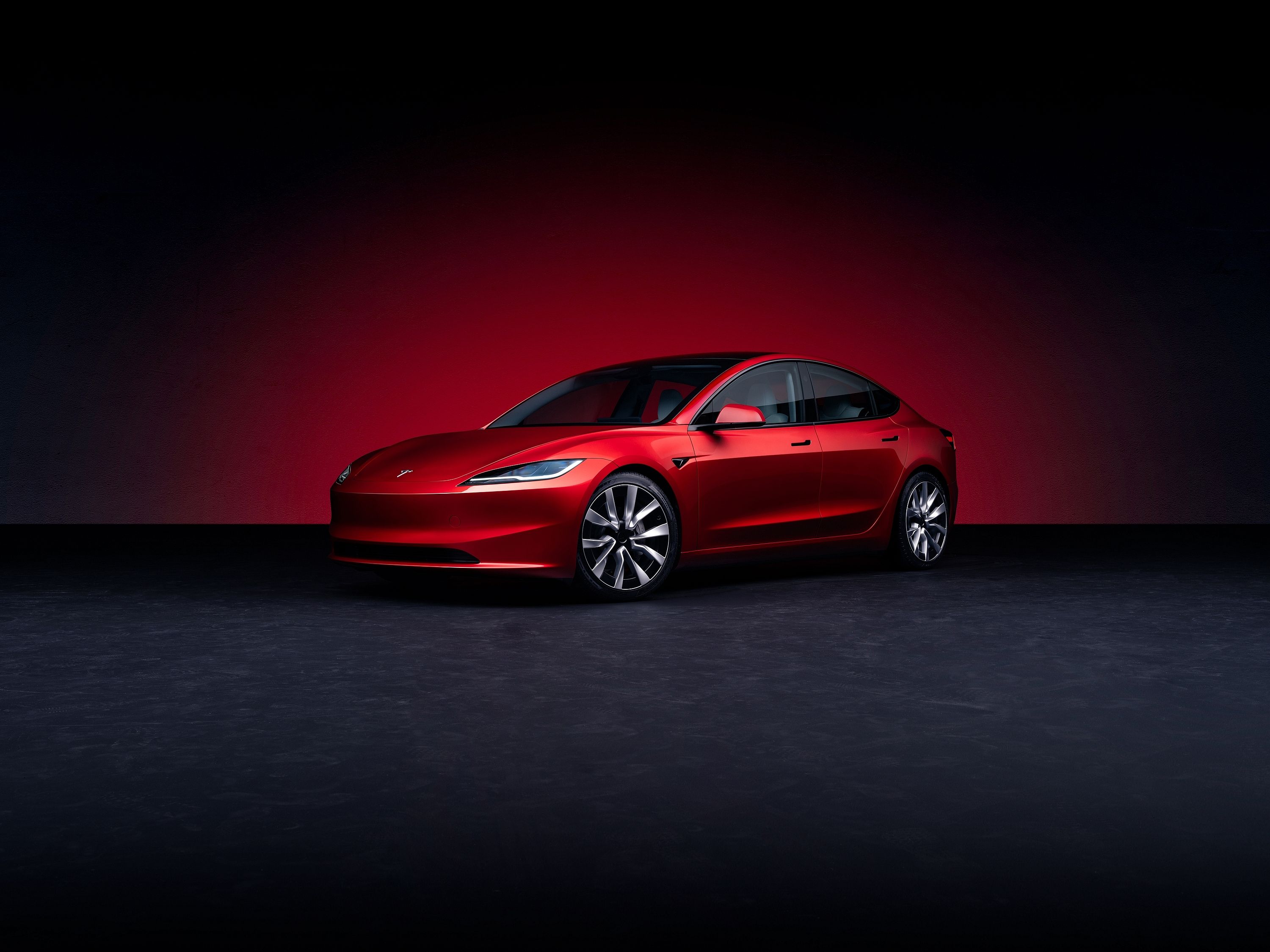
Apple's long-running all-electric vehicle project may never happen. Or it might. No one really knows what's going on over at Apple's California headquarters, but one thing seems certain: another EV partnership has fallen through.
Reuters reports negotiations between the tech giant and China's CATL and BYD have reached a dead end over battery supplies. Apparently, Apple insists for the EV's battery supplier to build production plants and hire employees in the US. They must also be fully dedicated to Apple's needs. Supplier contracts with other automakers is out of the question. That said, it's understandable why those Chinese companies are walking away.
Several months ago, Hyundai and Apple came close to a deal that would have seen the former build the EV at one of its facilities, but wouldn't receive access to any of the advanced tech. Apple wanted Hyundai to build the car and nothing more. There was nothing in it for Hyundai so it ultimately walked away.
Apple's requirements now appear to be too much for battery suppliers. Why can't Apple look elsewhere for its batteries? Because these Chinese companies offer more advanced lithium iron phosphate battery tech that's cheaper to produce. CATL happens to be the world's No. 1 EV battery maker. Thing is, it's concerned about building a US factory due to political issues between the US and China.
BYD, meanwhile, does have an iron-phosphate battery plant in California but it does not want to dedicate it solely to Apple. So, does this mean Apple's EV is officially dead? Not necessarily. The report claims the company has sent a team to Japan to begin talks with battery producers there, such as Panasonic. Apple's plan is to launch its EV by 2024.
This might be delayed following the departure of project head Doug Field, who recently left for Ford. Interestingly enough, Tesla has no problem obtaining its batteries from CATL for Chinese-built examples of the Model 3 and Model Y.
